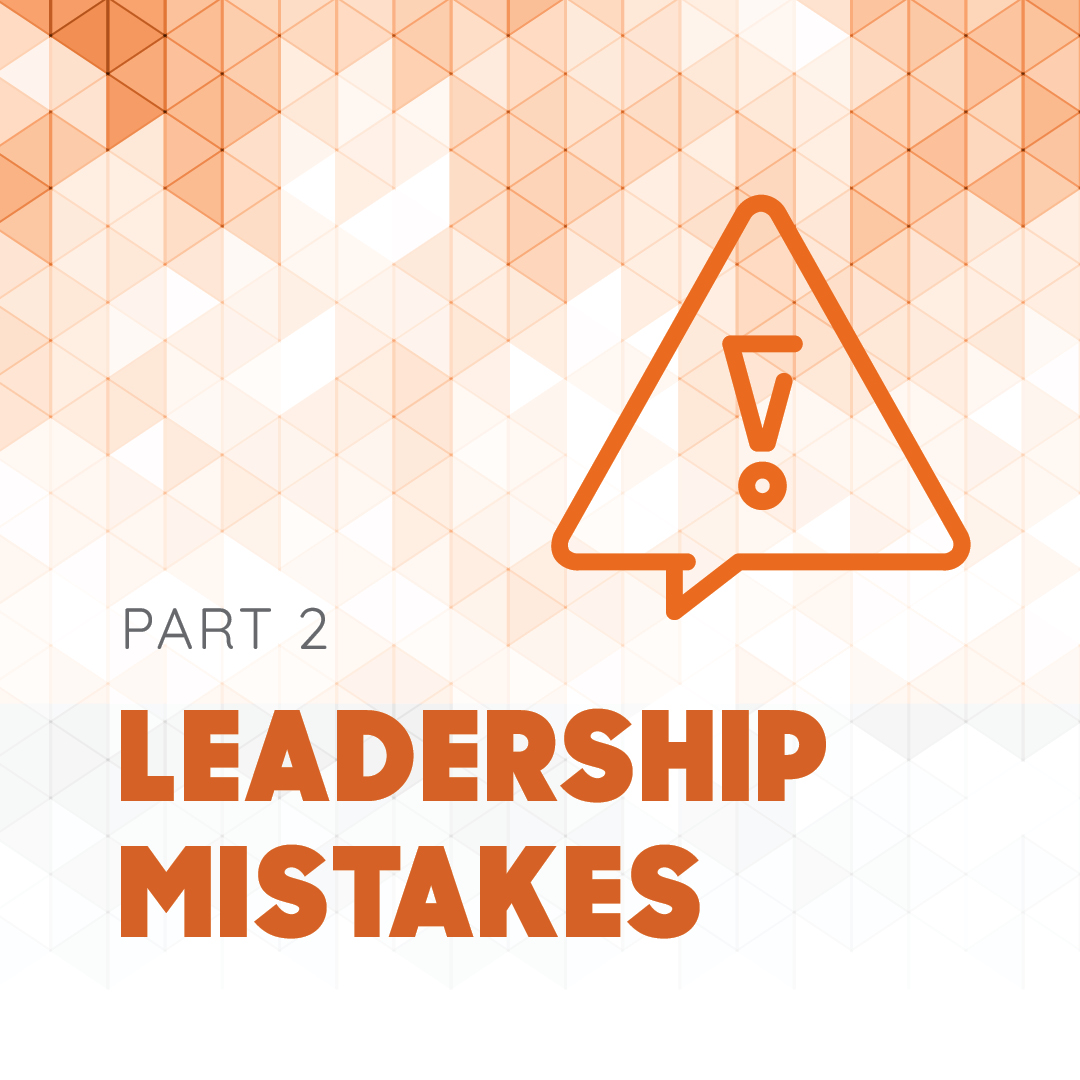
What Mistakes Do Leaders Make?
We left off last time talking about leaders needing to have confidence in their decisions. With that being said, if there was one mistake that leaders make, what would that be? Is there more than one?
You have to have the courage to try new initiatives and be able to pivot. To toot my own horn a little bit, the one thing that I think I’ve been very good at is being able to pivot to see where the next opportunity is – and we’ve done that over and over again at Benchworks. Not all of the pivots or product line extensions have worked, but you have to try new things. When you do – and you fail – you need to do it in such a way that you fail safely. That’s why you have to resource them correctly and give them time to work.
That’s the other thing: People will try new initiatives, not see results in a quarter, and then pull the plug. That is just a waste of time and resources. You have to give the initiative sufficient time to take root and see if it has commercial potential. On balance with that, you can’t let it go on forever – and I think it’s all about passing the “reasonable man standard”: Ask yourself the hard questions. “If I’ve made this decision, is it defensible?” and “What are the reasons I’m making a decision?” If you can put forward more pros than cons when you’re making a decision – even if you’re pulling back on something – then it probably means it’s good.
I also think that leaders will sometimes make decisions in the heat of the moment – and it almost invariably results in flawed thinking. Now, it’s important to be able to make a quick determination – sometimes, rarely, it’s such a contentious situation or bad news that you make a snap decision. Even so, it’s still best to give it a day or two so you can strip away the emotion from whatever is going on and make a data-driven decision, not an emotion-driven decision. Calm down, go for a walk – or even sleep on it – and you can make better choices. And that’s hard, because we’re all human beings. It’s akin to that feeling when someone upsets you and you send off a blaze email: It feels good for a minute, until you realize, “Ah, damn – now it’s out there and I can’t hit rewind.”
There are so many potential pitfalls in business, leadership, and elsewhere. But I think the idea of stripping away emotion from decision-making is important – and trusting your gut. That’s the other thing.
Invariably, it seems, when I don’t trust my gut the results generally aren’t satisfactory. Now, this is particularly true if you have a fair amount of experience: When you meet people or see initiatives and something, somehow, doesn’t sit well with you – trust that. There are times when you think, “Oh, this may not be a good fit, but we can make them better or somehow modify them…” Nah. If you trust your gut, that generally serves you very well.
As a leader, how do you handle a situation when you’ve made a mistake?
There’s no one who goes through the day without making a mistake – it’s just a part of life. I think that one of the things is owning it and not blaming people. If someone on your team makes a mistake, you have to say, “Look. This was a problem and we’re in this together.” My thing is that we win and lose together as a team. Pointing a finger or calling people out because of a mistake that was made is disastrous for team morale.
Now, coaching and radical candor is critical – but do it offline, so you can have a one-on-one with that person and say, “I think we could have done this better. Tell me the decision-making behind the unfavorable result.” This way, you understand what their methodology was, see where the mistake was made, and coach them so they don’t repeat it.
It’s all about patterns. If people learn from their mistakes and you can coach them, then you’re on your way to developing a really sound executive. Of course, if people don’t learn from their mistakes and keep repeating them, then it’s obviously time to transition.
Leading From the Front is an ongoing series. Read Part 3 here.
